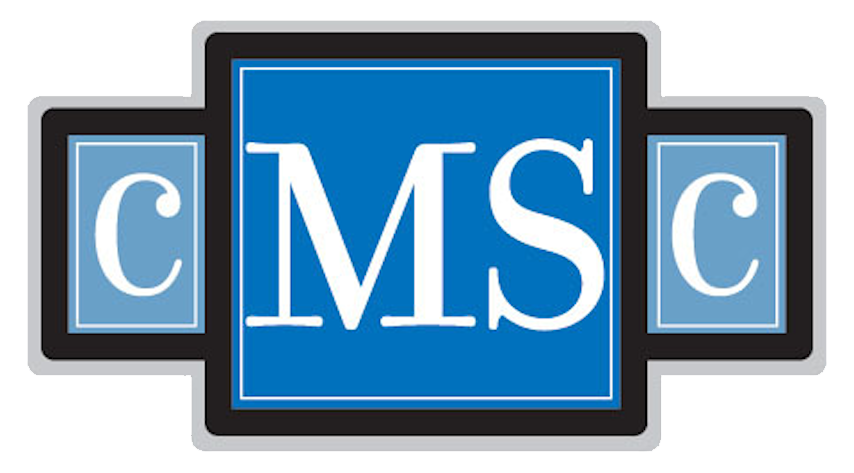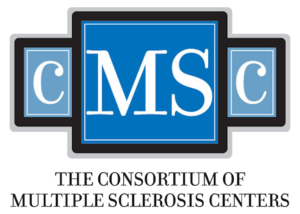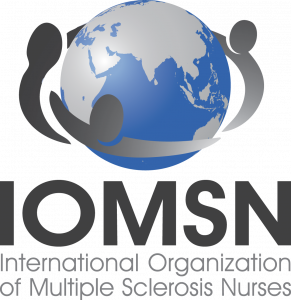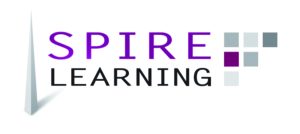RELEASE DATE: December 21, 2020
VALID FOR CREDIT THROUGH: December 21, 2021
PRIMARY AUDIENCE:
This multidisciplinary educational initiative is targeted to clinicians who care for people with MS including neurologists, nurses, nurse practitioners, physician assistants, and pharmacists.
LEARNING OBJECTIVE
Evaluate clinical data on the use of magnetic resonance imaging (MRI), cerebrospinal fluid (CSF), and blood biomarkers for early detection of multiple sclerosis (MS)
FACULTY
Edward Fox, MD, PhD, FAAN
Director, MS Clinic of Central Texas
Central Texas Neurology Consultants, PA
Clinical Associate Professor of Neurology
University of Texas Dell Medical School
Round Rock, TX
Stephanie A. Agrella, PhDc, MSN, RN, ANP-BC, MSCN
Director of Clinical Services
Multiple Sclerosis Clinic of Central Texas
Round Rock, TX
Jacquelyn L. Bainbridge, BSPharm, PharmD, FCCP, MSCS, FAES
Professor, Department of Clinical Pharmacy
Skaggs School of Pharmacy and Pharmaceutical Sciences
Professor, Department of Neurology
Anschutz Medical Campus
University of Colorado
Aurora, CO
ACCREDITATION AND CREDIT DESIGNATION
 In support of improving patient care, this activity has been planned and implemented by the Consortium of Multiple Sclerosis Centers (CMSC) and Spire Learning. CMSC is jointly accredited by the Accreditation Council for Continuing Medical Education (ACCME), the Accreditation Council for Pharmacy Education (ACPE), and the American Nurses Credentialing Center (ANCC), to provide continuing education for the healthcare team.
In support of improving patient care, this activity has been planned and implemented by the Consortium of Multiple Sclerosis Centers (CMSC) and Spire Learning. CMSC is jointly accredited by the Accreditation Council for Continuing Medical Education (ACCME), the Accreditation Council for Pharmacy Education (ACPE), and the American Nurses Credentialing Center (ANCC), to provide continuing education for the healthcare team.
Physicians: The CMSC designates this enduring material for a maximum of 0.25 AMA PRA Category 1 Credits™. Physicians should claim only the credit commensurate with the extent of their participation in the activity.
Nurses: This activity is awarded 0.25 contact hours of continuing nursing education credits.
Pharmacists: This knowledge-based activity, UAN # JA4008165-9999-20-068-H01-P, qualifies for 0.25 contact hours (.02 CEUs) of continuing pharmacy education credit.
Upon successful completion of the activity, your CE credits will be submitted electronically to the NABP CPE Monitor service. For information about CPE Monitor, visit https://nabp.pharmacy/cpe-monitor-service/.
Paper certificates are not valid for pharmacy credit.
INSTRUCTIONS ON HOW TO RECEIVE CREDIT
There is no fee to participate in this activity. In order to receive CME/CE credit, you must complete:
- Pretest
- Activity
- Posttest
- Activity Evaluation
Your certificate can be printed immediately.



